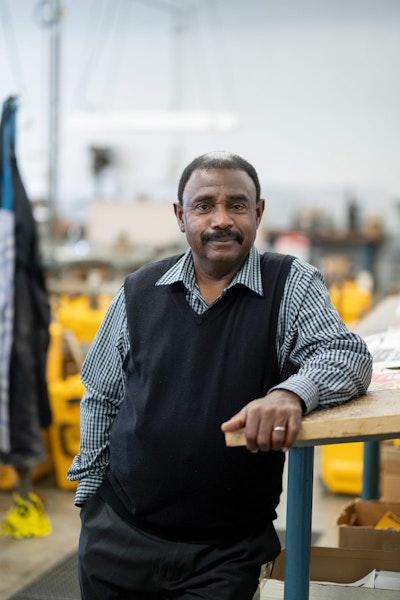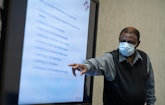
Truss shows off a device used to take GPS coordinates while talking to a group of employees at the City of Toledo Water Distribution Facility in Toledo, Ohio. He was there talking to the group of workers about new career opportunities within the water department as new technology progresses.
Curtis Truss believes that training has to do much more than teach aspiring operators how to pass certification exams.
His goal as executive director of the Operator Training Committee of Ohio is to give newly minted drinking water and wastewater professionals a thorough...







